The common cold affects babies by causing a viral infection in their nose and throat, leading to symptoms like nasal congestion and a runny nose. Babies are more susceptible to colds as they're often in contact with older children and haven't built up immunity yet. Typically, infants experience around six to eight colds in their first year, with more occurrences common in childcare settings.
Treating a baby's cold involves managing symptoms like maintaining hydration, humidifying the air, and ensuring open nasal passages. It's crucial to consult a doctor if a very young infant shows signs of a cold to rule out more severe conditions like croup or pneumonia.
Symptoms
The first signs of the common cold in a baby are often:
- Runny Nose
- Nasal discharge
Other signs and symptoms of a common cold in a baby may include:
- Coughing
- Sneezing
- Fever
- Decreased appetite
- Irritability
- Difficulty sleeping
- Trouble nursing or taking a bottle due to nasal congestion
Prevention
There isn't a vaccine available for the common cold. The most effective way to protect against it is through practical precautions and regular hand-washing.
Other prevention of a common cold are:
- Avoid exposing your baby to sick individuals. For newborns, refrain from having visits from anyone who is unwell. If feasible, steer clear of public transportation and gatherings when with your newborn.
- Clean your hands before handling or feeding your baby. Wash them thoroughly for at least 20 seconds using soap and water. If unavailable, opt for Mamaway alcohol-based hand sanitizer containing at least 60% alcohol. Educate older children on the significance of hand hygiene. Refrain from touching your eyes, nose, or mouth without washing your hands first.
- Regularly sanitize your baby's toys and pacifiers. Clean frequently touched surfaces in your home, especially if someone in your family or your baby's playmate has a cold.
- Educate everyone in the household to cover their coughs or sneezes using a tissue. Dispose of used tissues immediately and then wash your hands thoroughly. If a tissue isn’t available, cough or sneeze into your elbow and wash your hands afterward.
Home Remedies
Here are the natural ways to treat your baby's cold:
- Humidifier. Putting a cool-mist humidifier in your baby's room during naps and nighttime can serve as a cold remedy. That's because humidifiers moisten the dry air, which relieves coughing and congestion. Keep the humidifier out of your baby's reach, fill it with fresh water every day, and clean it frequently so it doesn't get moldy.
- Saline nasal drops. Saline nasal drops will thin the mucus in a baby’s nose and reduce swelling (or inflammation due to mucus production). It is safe to use these nasal drops about 2 times a day, after consultation with your doctor.
- Wear Mamaway Opt Temp Sleep Suit. Wearing this sleep suit may help babies to keep feel warm, it is soft and use the premium cotton, kind and gentle for sensitive and delicate skin. Medical Grade Zinc eradicates bacteria and is odor-controlling. Medical Grade Zinc eradicates bacteria and is odor-controlling.
- Honey and ginger water to relieve symptoms. In babies over 12 months, the anti inflammatory and antioxidative properties of honey and ginger can help suppress a cold. Ginger and honey are packed with nutrients and are an age-old home remedy for treating colds and coughs. Parents must check with their paediatrician before resorting to this remedy for babies below 12 months of age.
- Breastfeeding is a primary method to alleviate colds and coughs in babies. Mother's milk, packed with antibodies, white blood cells, healthy bacteria, antimicrobials, immunoglobulins, proteins, enzymes, and hormones from mammary glands, safeguards infants from illnesses such as colds and coughs. It bolsters their immunity, aiding in combating bacteria, germs, and viruses.
Source: www.mayoclinic.org
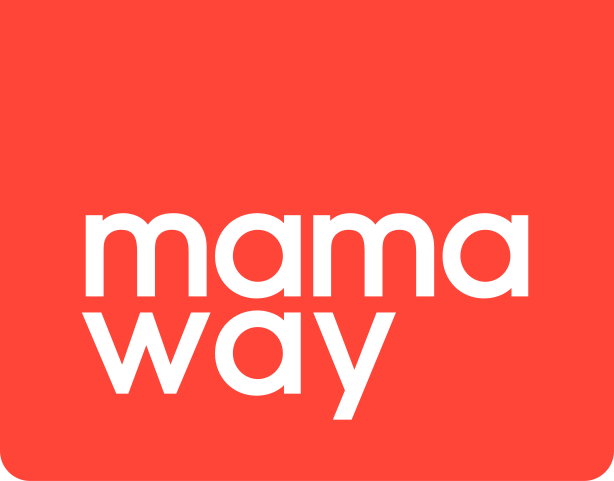

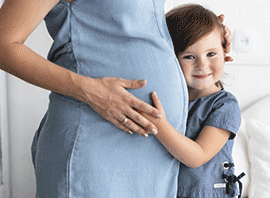
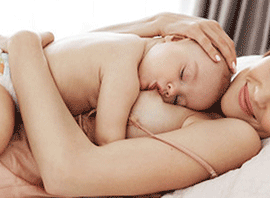
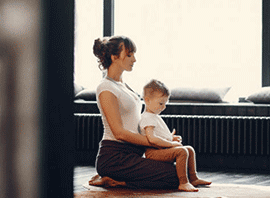
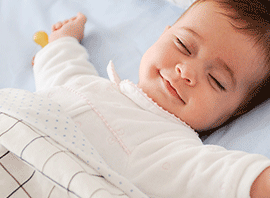

Validate your login
Sign In
Create New Account